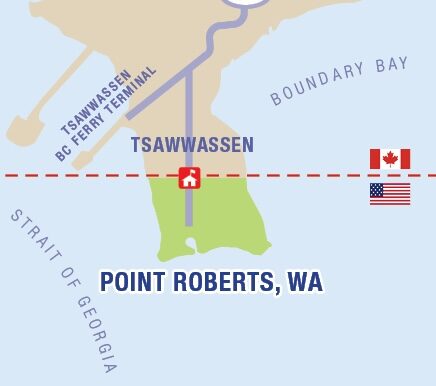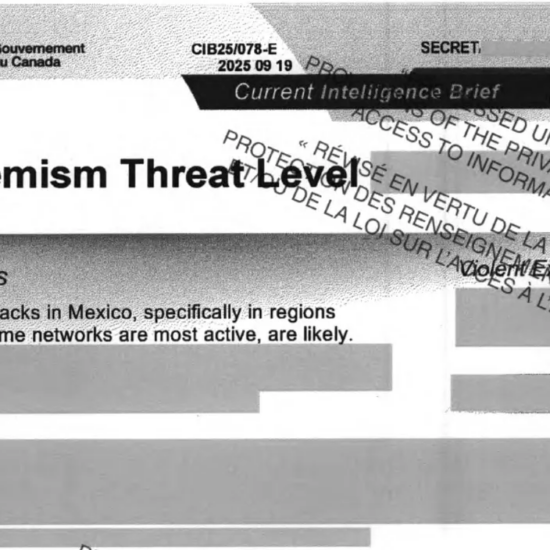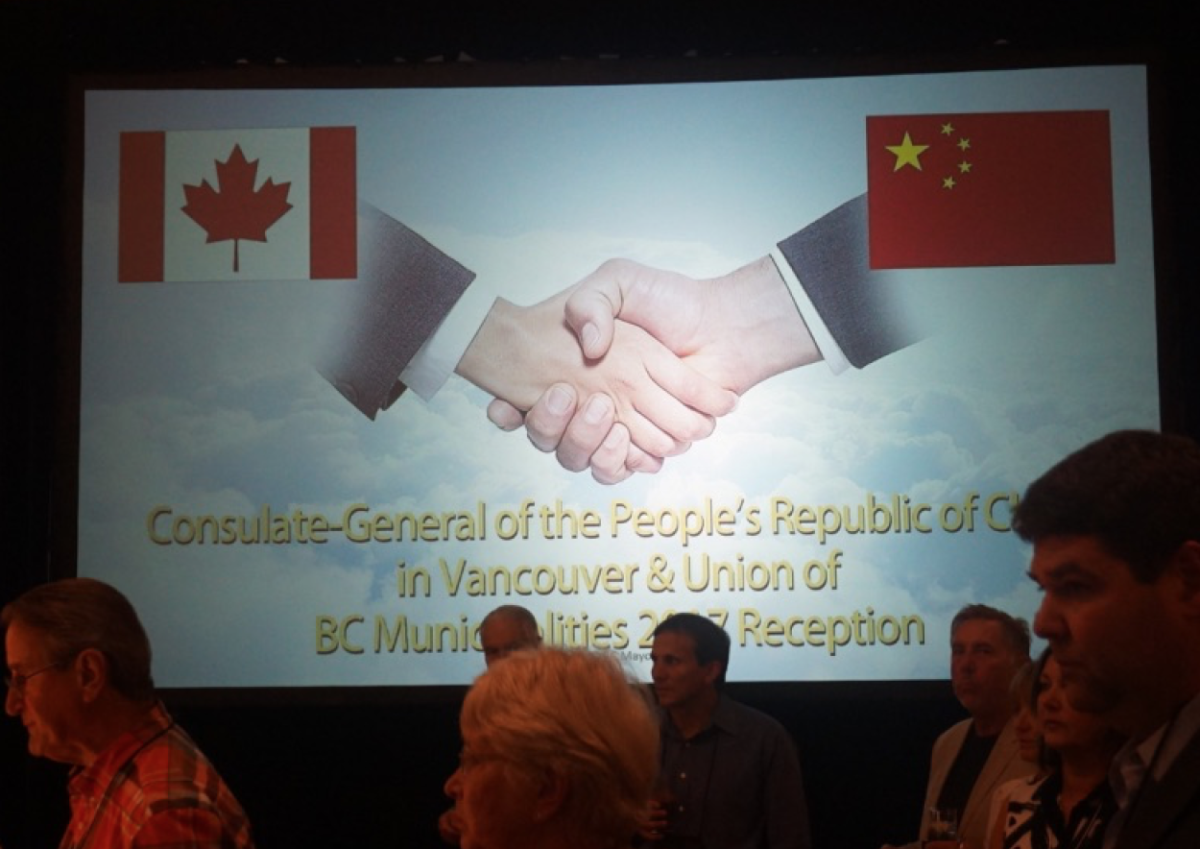
Bob Mackin
Vancouver city council’s member of the Union of B.C. Municipalities board is downplaying China’s sponsorship of the annual convention and party for local and provincial government officials.
“It’s an hour and a half of canapés and a bar with some speeches and trade delegation-type stuff. It’s not really super nefarious,” said Green Coun. Pete Fry, who met with Xi Jinping’s local
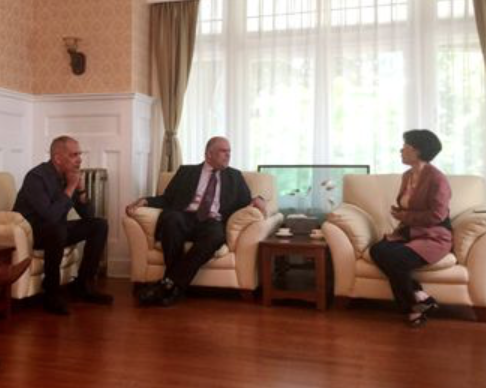
Pete Fry (left), Arjun Singh and Tong Xiaoling (PRC Consulate)
envoy in May to discuss the Sept. 23-27 convention in Vancouver.
The local People’s Republic of China consulate has sponsored UBCM since 2012, the year that Xi became president. Last year, the Communist Party’s supreme leader became president for life. Fry said the consulate pays $6,000 a year for an ad in the program plus whatever it costs for the catered ballroom to ply politicians and bureaucrats with free food and booze.
“We’re building a pipeline to ship bitumen to China, we’re doubling the size of Centerm port to handle more shipments from and to China, so I think there is a bigger conversation and economic development is a big part of what UBCM is supposed to be about,” said Fry, noting China is B.C.’s second-biggest trade partner, with $6.7 billion in 2017 exports.
theBreaker.news attended the 2017 UBCM convention in Vancouver, where the China reception at the Fairmont Waterfront Centre hotel featured a lecture by Acting Consul General Kong Weiwei. Kong summarized the May 15-23, 2017 China-paid junket for mayors from Cariboo Regional District, Barkerville, Williams Lake, 100 Mile House, Port Moody and Port Coquitlam and showed a propaganda video about Xi’s massive Belt and Road infrastructure program that stretches to Africa and Europe.
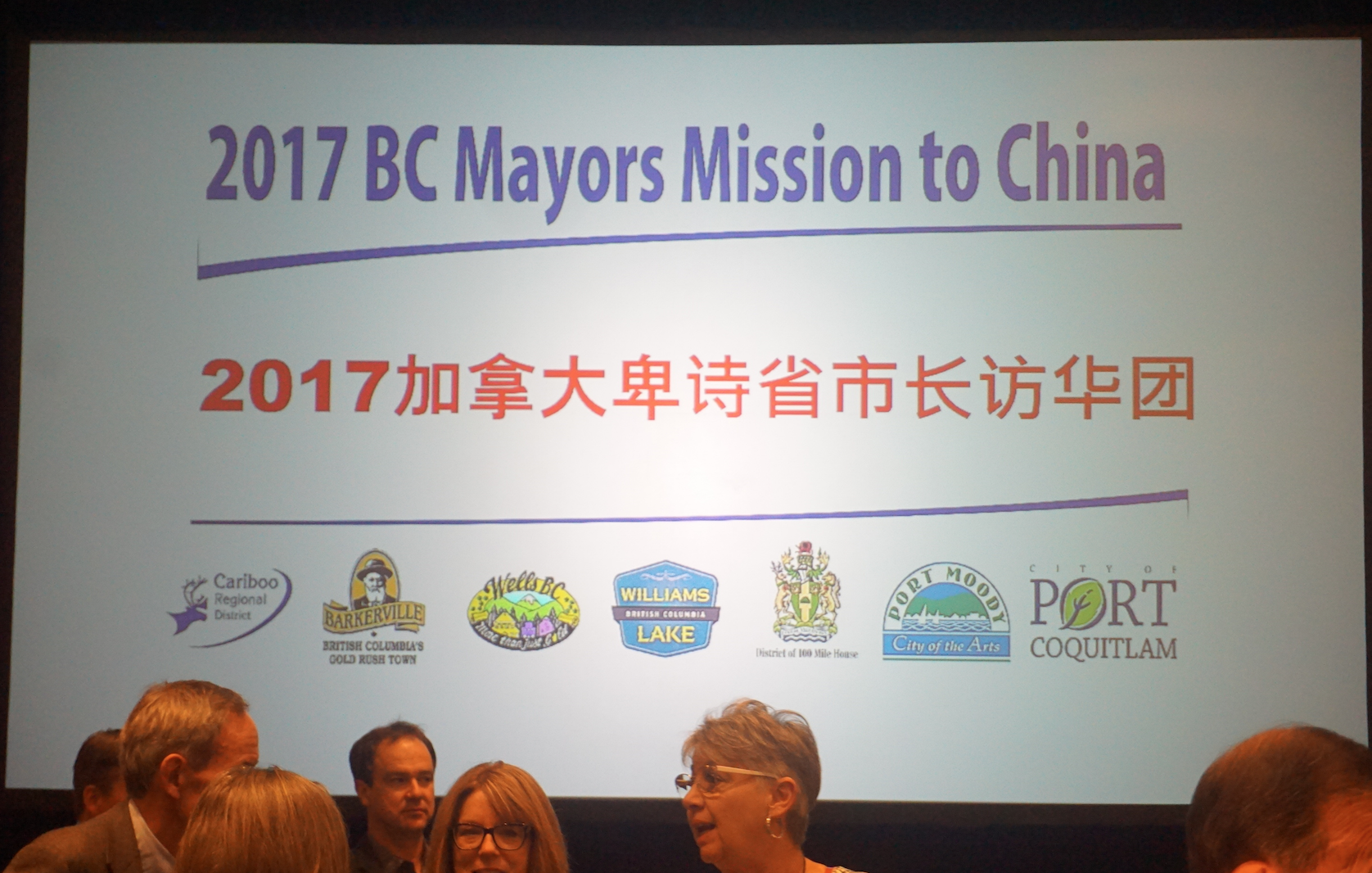
Scene from the 2017 UBCM party sponsored by China (Mackin)
Port Coquitlam Mayor Brad West, who was elected in 2018, said the overemphasis on trade with China is the same type of attitude that allowed South Africa’s apartheid system to continue for so long.
“I have an issue with the UBCM accepting cash for access from any foreign government, period,” West said. “The fact that it’s happening with the government of China is in many respects even worse because of that government’s atrocious human rights record. We’re talking about a government that has up to a million of its people interned [in Xinjiang] for being Muslims, you have the Canadians [Michael Kovrig and Michael Spavor] being detained, and to me that makes it even worse.”
Fry and UBCM president Arjun Singh attended a May 13 meeting with Consul-General Tong Xiaoling at China’s heavily secured consular compound in Shaughnessy. Fry said he wants to open up the UBCM convention to other countries for economic development promotion, but has had little interest so far.
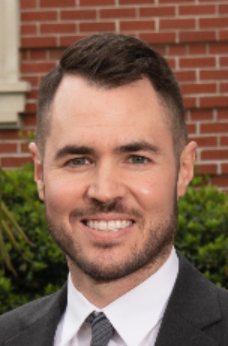
PoCo Mayor Brad West (Twitter)
“Both sides agreed that the cooperative relationship between the Consulate General of China in Vancouver and UBCM contributed to mutual understanding, people to people friendship, and local cooperative opportunities between cities of China and the province of British Columbia,” reads the entry about the meeting on the consulate website. “Both sides also exchanged thoughts about how to further improve bilateral cooperation through multilateral participation.”
Asked if China’s human rights record was brought up at the meeting, Fry said “it’s not the kind of thing that was pressed too hard and it was not the kind of thing [Tong] admitted or denied anything.
“It was really just a perfunctory and rather diplomatic meeting. It included a lot of talk about weathery kind of stuff, but also the gist of the conversation was how we could navigate through this reception issue and open it up to be more about international trade and economic development, not just about international trade and economic development about China, expressing that that’s where we would like to see things going.”
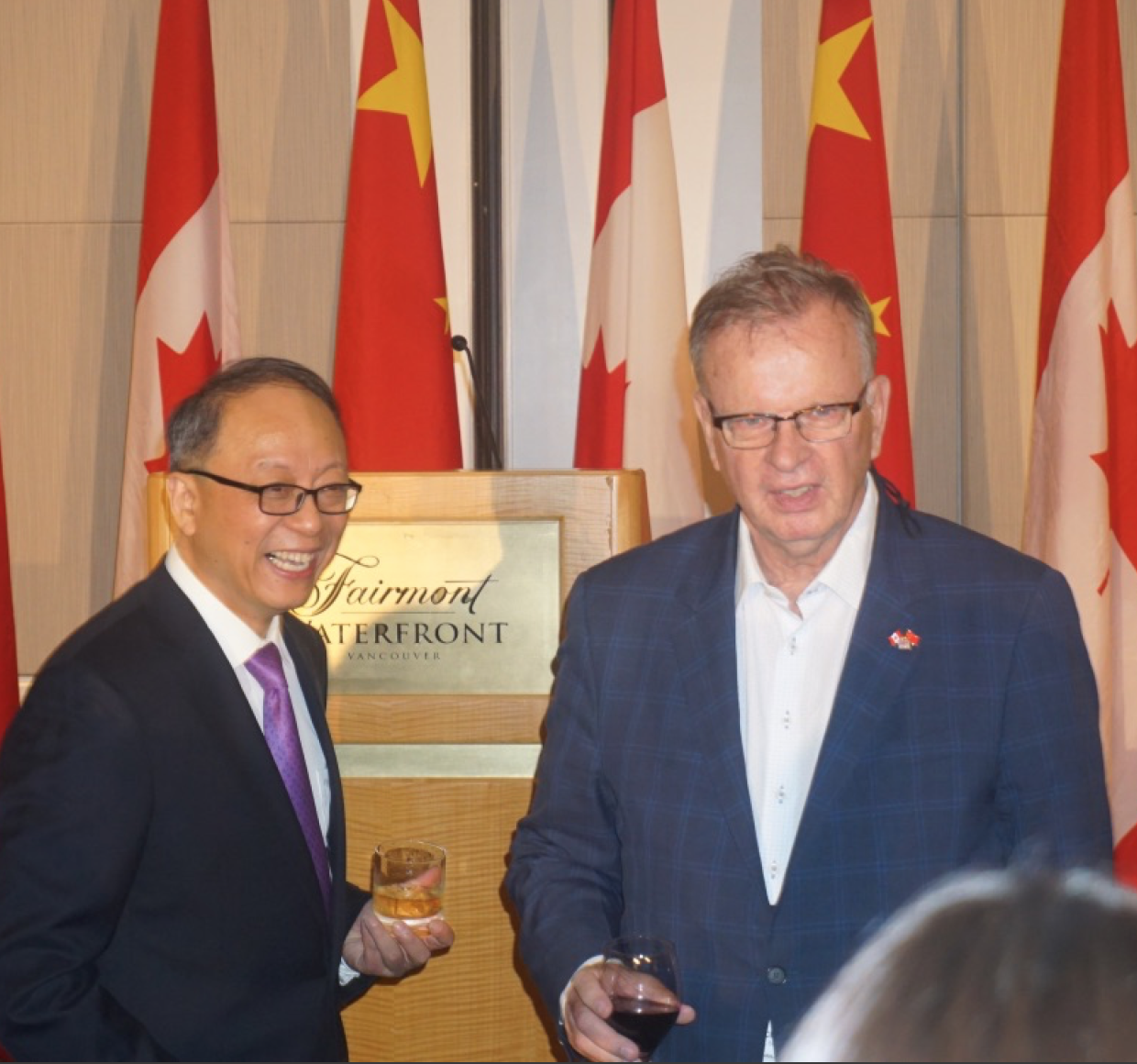
NDP trade minister Bruce Ralston (right) and Chinese diplomat Kong Weiwei at the the 2017 UBCM party sponsored by China (Mackin)
West said events like the China-sponsored UBCM reception correspond with Chinese government activities in other jurisdictions, such as Australia.
“All of this is well-documented, these are not hyperbolic concerns expressed, the former head of CSIS [Richard Fadden] raised this as a significant issue,” West said. “This is real. It’s part of a methodical, coordinated and deliberate campaign by the government of China to expand its influence. Some people think they should roll out the red carpet for them, I disagree, strongly.”
U.S., Australian and Canadian authorities have cautioned about Chinese government attempts to influence local governments through pro-Beijing business and expat organizations in a coordinated program overseen by the Communist Party of China’s United Front Work Department.
Clive Hamilton, a professor at Charles Sturt University in Canberra, Australia, authored “Silent Invasion: China’s Influence in Australia.” In a May edition of theBreaker.news Podcast, Hamilton said China’s goal, through United Front, is to undermine resistance to the Chinese Communist Party.
“The CCP knows that its program of influence-buying and influence-gathering over the last decades has been extremely effective, so effective that it can get away with outrageous bullying and not get any pushback,” Hamilton said. “Whether or not the government will push back depends, essentially, on the Canadian people.”
Support theBreaker.news for as low as $2 a month on Patreon. Find out how. Click here.










